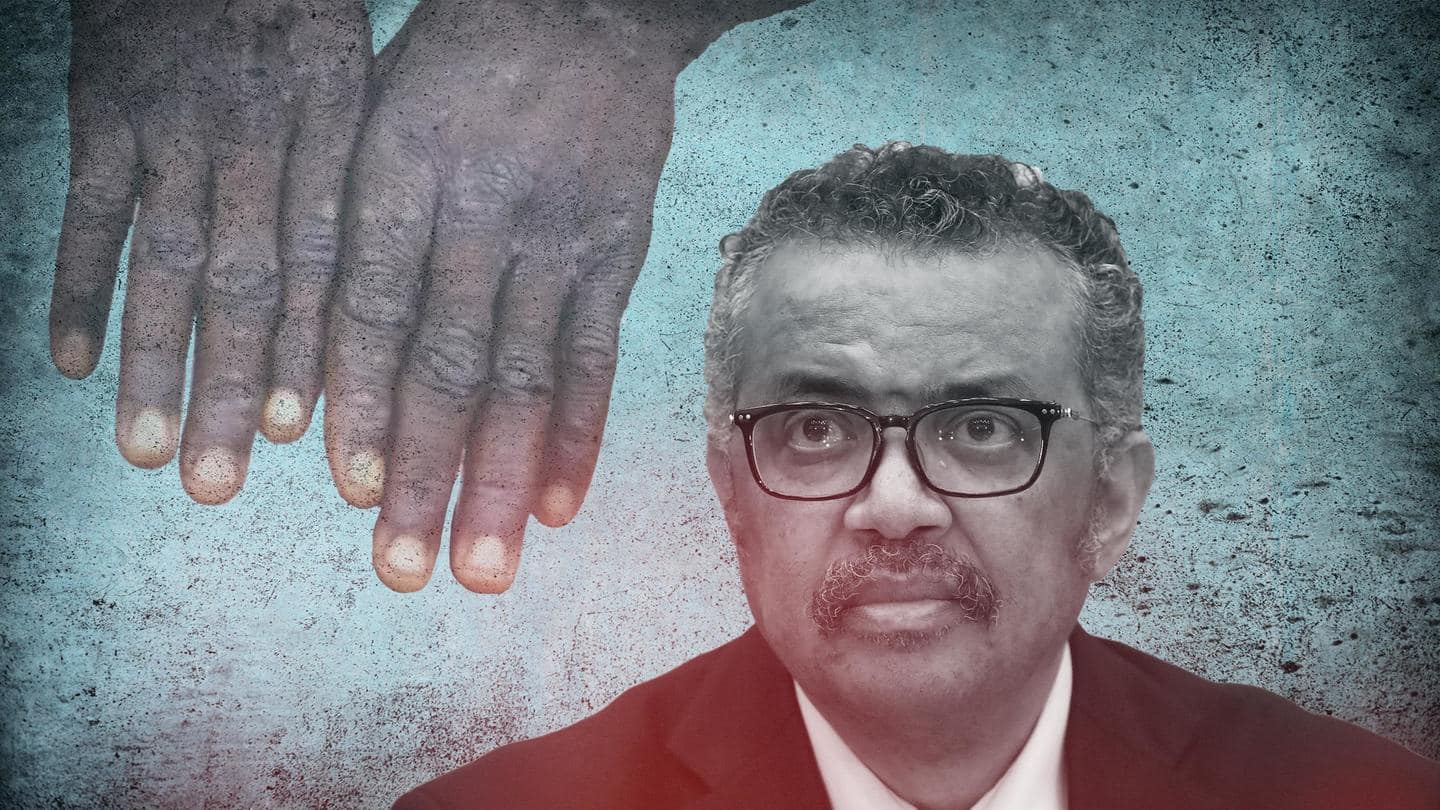
Monkeypox scare: WHO advises bisexual men to limit sexual partners
What's the story
Amid a global surge of monkeypox, the World Health Organization (WHO) on Wednesday recommended bisexual men, who are most affected by the virus, to restrict their sexual partners.
WHO Director-General Tedros Adhanom Ghebreyesus on Thursday stated that the best method to defend against infection was to lower the risk of exposure.
Monkeypox has already been designated a public health emergency throughout the world.
Context
Why does this story matter?
The WHO said the rapidly spreading cases of monkeypox were "a matter of concern."
WHO officials in South-East Asia appealed to nations to strengthen surveillance and enhance public health measures as the global cases reportedly cross 18,000.
The cases come a year after a deadly second COVID-19 wave led to the death of millions of Indians due to a lack of health infrastructure.
Statement
What did the WHO say?
"For men who have sex with men, this includes, for the moment, reducing your number of sexual partners, reconsidering sex with new partners, and exchanging contact details with any new partners to enable follow-up if needed," he said.
Since early May, there has been an increase in monkeypox cases outside of the West and Central African nations where the illness has long been prevalent.
Data
What does WHO reflect about global status of monkeypox
According to Ghebreyesus, 78 countries have now reported more than 18,000 cases of monkeypox to the WHO.
Nearly 75% of these instances occurred in the Americas and 25% in Europe.
Since May, there have been five deaths associated with the epidemic, and about 10% of individuals who have the illness require hospitalization to treat their agony, according to him.
Study
What study related to monkeypox reveals?
According to research published last week in the New England Journal of Medicine, 98% of affected patients were homosexual or bisexual males, and 95% of infections were spread through sexual activity.
Monkeypox, as per the experts, creates a blistering rash and is spread mostly through intimate physical contact, and the disease has not yet been classified as a sexually transmitted infection (STI).
WHO
Anyone can get the virus: WHO
Meanwhile, WHO advises against assuming that the disease can just harm one group.
It emphasized that the disease spreads through frequent skin-to-skin contact, as well as droplets or touching infected bedding or towels in a family environment.
"Anyone exposed can get monkeypox," Ghebreyesus said.
He urged countries to "take action" to reduce the risk of transmission to other vulnerable groups.
Vaccination
Do not recommend mass vaccination: Ghebreyesus
WHO also recommends targeted immunization for persons who have been exposed to monkeypox or are at high risk of exposure, such as health professionals and those who have several sexual partners.
"At this time, we do not recommend mass vaccination against monkeypox," Ghebreyesus said.
He said vaccines created to combat smallpox have been found to protect against the virus, but supplies are limited.